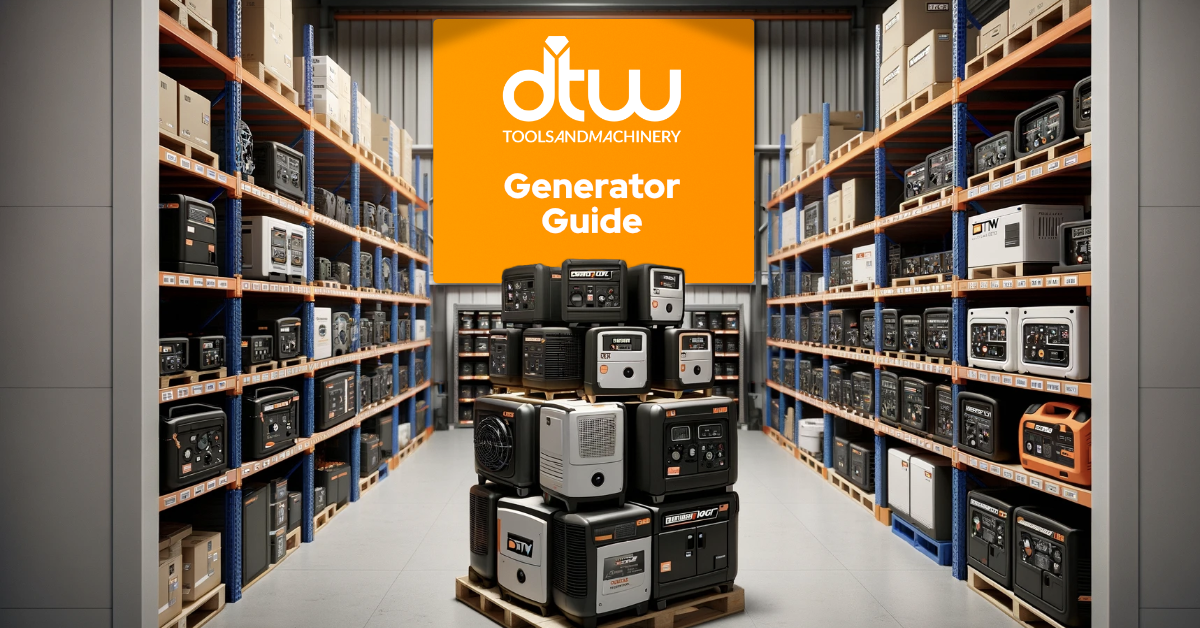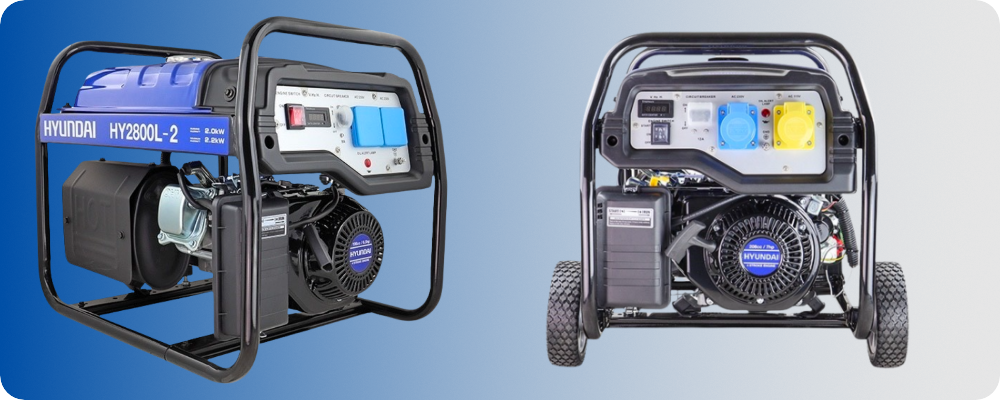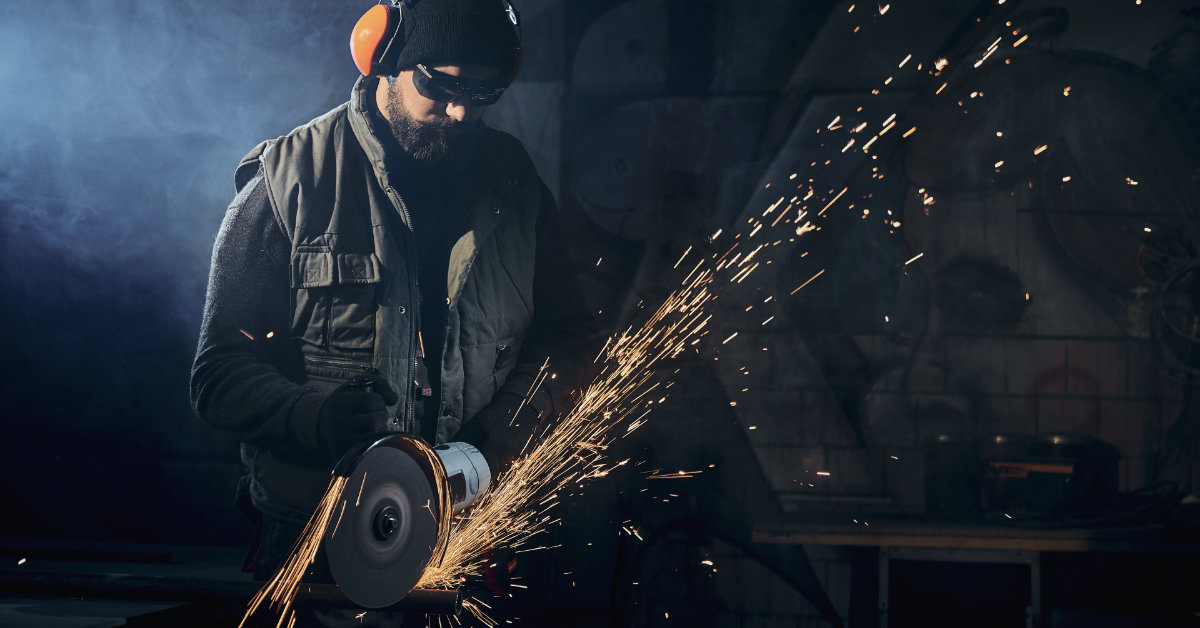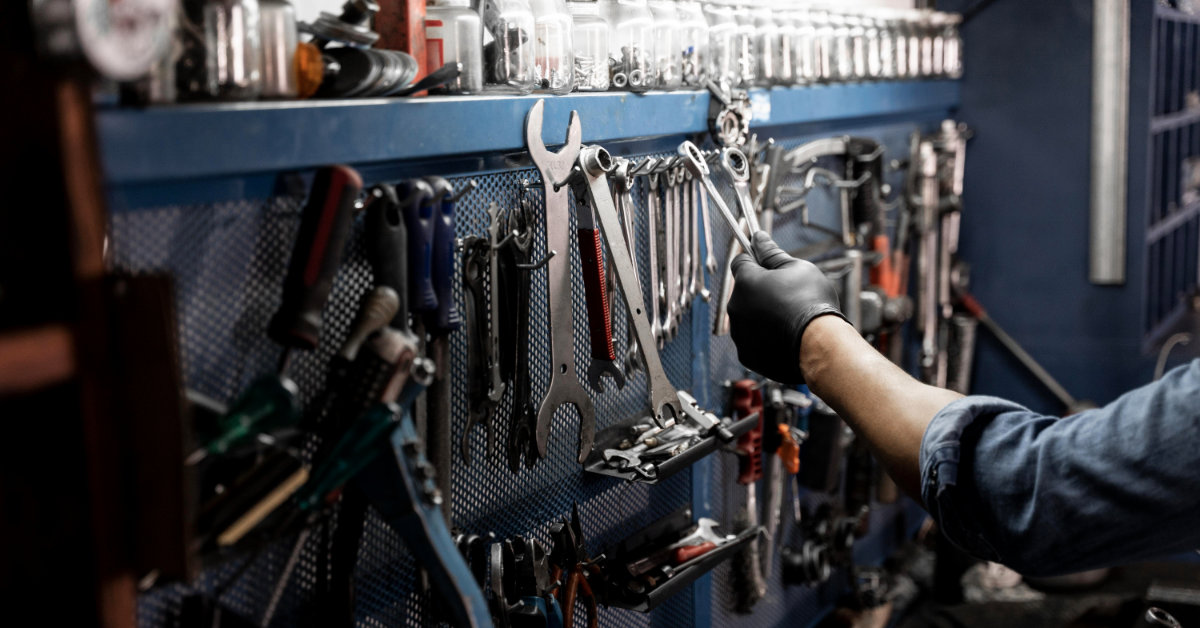Generator Selection Guide: An In-Depth Look from DTW Tools & Machinery
At DTW Tools & Machinery, we understand the crucial role a generator plays for both DIY enthusiasts and professional tradespeople. With a broad spectrum of generators on the market, tailored for a variety of tasks from powering your workshop to ensuring the smooth operation of computer equipment, making the right choice is paramount. This detailed guide is crafted to navigate you through the selection process, ensuring you secure a generator that is perfectly aligned with your needs.
Comprehensive Considerations for Generator Purchasing
Selecting the appropriate generator is a nuanced decision, necessitated by the extensive variety available. Whether your priority is maintaining productivity on a job site or securing a reliable power source for home use, DTW Tools & Machinery is dedicated to providing guidance. We have devised an elaborate checklist to streamline your purchasing process, touching upon several critical aspects.
Determining Wattage Requirements
Understanding the power demand of your intended applications is the first step in selecting a generator. Here are four pivotal considerations regarding wattage:
- Identifying Equipment Wattage: The power consumption of individual devices can typically be found on the equipment itself, within the user manual, on the manufacturer’s website, or through direct communication with the manufacturer. This step is essential to calculate the total wattage requirement.
- Combining Wattages for Simultaneous Usage: Should you need to operate multiple devices concurrently, such as a slow cooker and a fan, it’s necessary to sum their wattages to determine your overall power need. Conversely, if devices will be used separately, focus on the one with the highest wattage demand.
- Accounting for Starting Wattage: Appliances with induction motors, including chop saws, air compressors, and pressure washers, possess a starting wattage that exceeds their running wattage. This starting wattage can be approximately three times the normal operating wattage, necessitating a generator with a higher output capacity to accommodate the initial power surge.
- Incorporating Headroom into Your Calculation: Analogous to not continuously driving a car at its maximum speed for optimal performance, the same principle applies to generator usage. Opting for a generator with a capacity slightly above your calculated need (at least 20% more) ensures longevity and reliability, preventing the generator from operating at full capacity constantly.
Fuel Type: Diesel vs. Petrol
The choice between diesel and petrol generators involves more than just initial cost considerations. Diesel generators, though higher in upfront price, offer long-term savings on fuel, especially with access to cheaper fuel options like red diesel. They are also more suited to regular, intensive use. For smaller power needs (under 10 kVA), petrol generators are often preferred for their affordability and versatility.
Generator Use: Domestic vs. Professional
Our range is categorically divided to cater to either domestic or professional use, each backed by a warranty reflective of its intended application. For infrequent home projects or emergency backup, our domestic generators offer reliability and value. Conversely, for daily or commercial use, our professional-grade generators are engineered for durability and sustained performance, featuring premium components and extended warranties.
Sensitivity to Electronics
For powering electronics with microprocessors (e.g., computers, smartphones, and gaming consoles), a generator that produces a clean power output is necessary. Inverter generators are specifically designed for this purpose, converting DC to AC power while minimising power fluctuations that could harm sensitive devices.
Weather and Outdoor Use Considerations
When planning to use a generator outdoors, it’s imperative to consider its suitability for various weather conditions. Not all generators are built to withstand exposure to elements like rain or extreme temperatures. Understanding the IP (Ingress Protection) rating of a generator can guide you in choosing one that matches your outdoor requirements.
Standby Generators: Ensuring Continuous Power
For those seeking peace of mind during power outages, standby generators are invaluable. They automatically kick in when power from the grid is interrupted, ensuring seamless continuity of power. Depending on your preference for manual or automatic operation, there are options available to suit your needs.
Exploring Specialist Generators
DTW Tools & Machinery also stocks a range of specialist generators to meet specific requirements, including LPG-fueled models, welder generators, and units approved for use in particular industries like rail. These specialised options ensure that regardless of your unique power needs, we have a solution.
Types Of Generators
Diesel Back Up Generators
Our Diesel Back Up Generators are the epitome of reliability and strength, specifically engineered for businesses and essential services that cannot afford to be blindsided by power outages. These high-capacity units are the defenders against operational interruptions, safeguarding critical processes and ensuring that your operations remain uninterrupted, no matter the external power conditions. Built to last and designed for the most demanding situations, they represent an investment in continuous, dependable power. Shop Now
Leisure Inverter Generators
For the adventurers and the outdoor enthusiasts, our Leisure Inverter Generators bring power to the heart of nature without disturbing its peace. Quiet, efficient, and portable, these generators are perfect for camping, RV trips, and any outdoor event where the ambiance is paramount. Equipped with inverter technology, they provide clean energy that’s safe for all your devices, combining convenience with respect for the environment. Lightweight and unobtrusive, they ensure that your connection to the modern world remains intact, even in the embrace of the wilderness. Shop Now
Work Site Generators
Designed with durability at their core, our Work Site Generators are tailored to withstand the rigors of construction and industrial environments. They deliver unwavering performance and resilience, essential for heavy-duty applications where power is a critical component of daily operations. These generators are not just robust; they are also user-friendly, ensuring that reliable power is always at hand to drive productivity and meet stringent project timelines. For sites where toughness and reliability are non-negotiable, these generators stand as pillars of strength. Shop Now
Generator Size Guide by Application and Wattage Requirement
| Application | Average Wattage Requirement (Watts/kW) | Recommended Generator Size (Watts/kW) |
|---|---|---|
| Small Appliances (e.g., slow cooker) | 250-750 W / 0.25-0.75 kW | 1,000 W / 1 kW |
| Power Tools (e.g., hand drill) | 500-2,000 W / 0.5-2 kW | 2,500 W / 2.5 kW |
| Home Emergency (lights, fridge, etc.) | 2,000-4,000 W / 2-4 kW | 5,000 W / 5 kW |
| Small Construction Site | 3,000-6,000 W / 3-6 kW | 7,500 W / 7.5 kW |
| Large Construction/Commercial Use | 10,000+ W / 10+ kW | 12,000 W / 12 kW or more |
Understanding Starting vs. Running Wattage
| Device Type | Running Wattage (Watts/kW) | Starting Wattage (Approx.) (Watts/kW) | Recommended Generator Size (Watts/kW) |
|---|---|---|---|
| Refrigerator | 700 W / 0.7 kW | 2,100 W / 2.1 kW | 3,000 W / 3 kW |
| Circular Saw (7 1/4″) | 1,400 W / 1.4 kW | 4,200 W / 4.2 kW | 5,000 W / 5 kW |
| Portable Heater | 1,500 W / 1.5 kW | 1,500 W / 1.5 kW (No extra) | 2,000 W / 2 kW |
| Air Compressor (1 HP) | 1,600 W / 1.6 kW | 4,800 W / 4.8 kW | 6,000 W / 6 kW |
| Sump Pump (1/3 HP) | 800 W / 0.8 kW | 2,400 W / 2.4 kW | 3,000 W / 3 kW |
Generator Fuel Type Comparison
| Fuel Type | Pros | Cons | Best For |
|---|---|---|---|
| Petrol | Lower initial cost, Portable, Readily available | Higher running costs, Shorter lifespan | Small to medium home use, Occasional projects |
| Diesel | Longer lifespan, Lower fuel cost, More efficient | Higher initial cost, Less portable | Commercial, Industrial, Frequent use |
Selecting the right generator involves a careful consideration of your specific power requirements, the type of equipment you intend to run, and the conditions under which the generator will be used. Whether you’re looking for a compact unit to handle small appliances or a robust system for large-scale commercial projects, understanding the balance between wattage needs and generator capacity is crucial. The tables provided aim to simplify this process, offering a clear guide to help you navigate through the options based on average wattage requirements, starting vs. running wattage, and the pros and cons of different fuel types.
At DTW Tools & Machinery, we are committed to ensuring you find the perfect generator to match your needs. Our wide range of products, coupled with expert advice, guarantees that you’ll get the best solution, whether for domestic, professional, or industrial use. We understand that every project is unique, and we’re here to provide tailored advice, taking into account your specific requirements and budget.
For any further information, clarification on generator sizes, or help with specific power calculations, please do not hesitate to contact us. Our team of experts is on hand to offer personalized support, ensuring you make an informed decision. Whether you’re at the planning stage or ready to purchase, we’re here to guide you every step of the way.
Contact us today to discuss your generator needs, explore our comprehensive range, and take the first step towards securing a reliable power solution tailored to your requirements.








